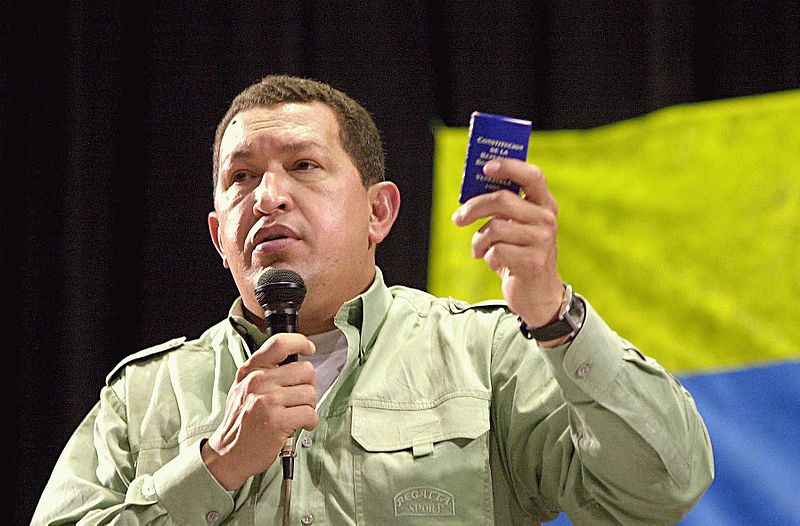The dead of Chavez doesn’t come unexpected as he has been very sick for a long time…the important thing are the next steps that follows:
Constitutionally, Chavez’s death should result in snap elections to take place in 30 days. As Chavez has been physically unable take oath for his 2013-19 term (the prescribed inauguration date was January 10), Venezuela is being governed under a constitutional gray area based on the Supreme Court’s interpretation of “administrative continuity” in the case of a re-elected president. A new election is likely to be a contest between Vice President Maduro (who in December was formally endorsed by Chavez as the government candidate under any adverse scenario for Chavez’s health – Maduro is a former busdriver that made his political route through the labor union and later became foreign minister) and opposition leader Capriles (who won re-election to the Miranda state governorship on December 16).
Calls for internal unity are telling. Villegas’s call for unity underscores the fact that Chavez has never formally been sworn in to the current term, which barring another Supreme Court “interpretation” means that National Assembly President Diosdado Cabello, not VP Maduro, should in theory be the interim president during the electoral period and until the inauguration of a new president (a date which is not defined in the constitution). Although the former military officer Cabello and the former civilian labor leader Maduro have gone to great lengths to publicly demonstrate a united front, many commentators believe they represent different, potentially competing, factions within Chavismo. It will also be interesting to see what role Chavez’s family plays in shaping his legacy and bestowing legitimacy upon the new leader ship. The key figures are Chavez’s daughters (who have been increasingly visible) and his brother, Adan (who has been noticeably silent in recent months compared to a more prominent role in 2011-12). Despite these potential tensions, we think the political equilibrium remains anchored by the base-case scenario of new elections.
Market expectations are already braced for a transition scenario without undue expectations that the opposition can come to power in the near term.
As such we think volatility around upcoming events, though possible, should be limited. Market base-case view holds that a presidential election will occur between current Maduro and Capriles. The base-case scenario that has consolidated since the turn of the year would have Maduro win a relatively competitive election, riding a wave of sympathy for Chavez and superior government resources.
